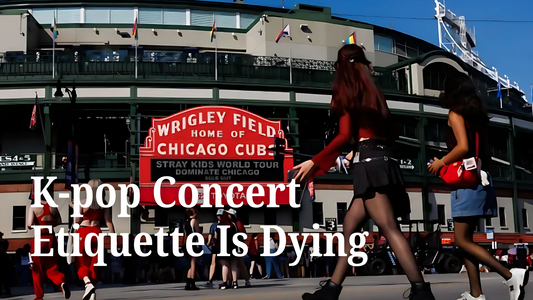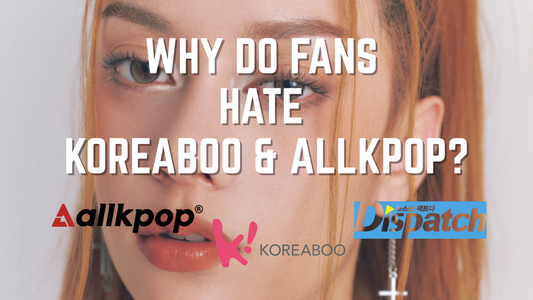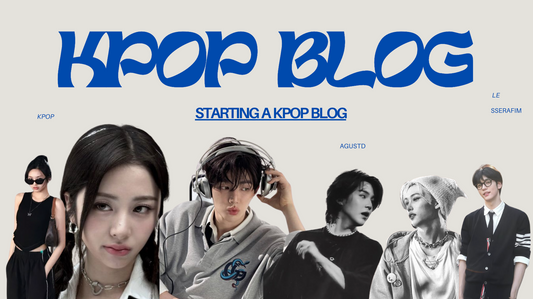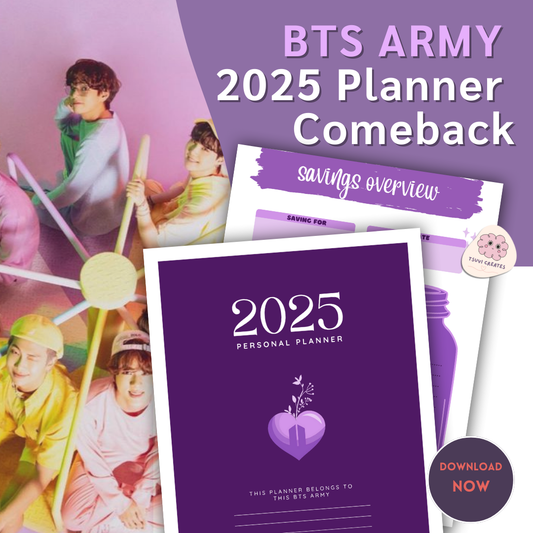My journey into the world of K-dramas started way back in secondary school, during the golden age of Boys Over Flowers. It was 2009, and I was instantly hooked by the captivating storytelling, the cultural nuances, and the beautiful way relationships were portrayed on screen. For over a decade, K-dramas were my go-to source of entertainment, a world where I found comfort, excitement, and endless hours of binge-worthy content.
But as I mentioned in my previous posts, life got busier, and my interest in K-dramas gradually waned. However, the void left by K-dramas didn’t stay empty for long. Enter K-pop—the other side of the Korean cultural coin that I somehow managed to avoid for years. Little did I know that my love for K-dramas would eventually lead me down the K-pop pipeline.
What is K-Drama?
For those who might not be familiar, K-dramas, or Korean dramas, are television series produced in South Korea that have gained immense popularity worldwide. They’re known for their unique blend of romance, comedy, suspense, and sometimes fantasy, all wrapped up in tight, compelling narratives. K-dramas often feature intricate plots, strong character development, and beautiful cinematography, making them a captivating watch.

K-drama: Angels Last Mission Love
But beyond the entertainment value, K-dramas offer a glimpse into Korean culture—its values, traditions, and everyday life. Over the years, I’ve watched countless K-dramas that span various genres, from the high school antics in Playful Kiss to the historical depth of Empress Ki and the emotional complexity of My Mister. These shows shaped my perspective on life and relationships in ways I never expected.
Segway Into K-Pop
While K-dramas were my first love, K-pop (Korean pop music) is an entirely different yet somewhat similar beast. Like K-dramas, K-pop is a global phenomenon that has captured the hearts of millions with its addictive melodies, high-energy performances, and charismatic idols. However, despite their similarities, K-pop and K-dramas offer distinct experiences. K-dramas are more about the narrative journey, taking viewers through a carefully crafted story, while K-pop is all about the music, visuals, and the powerful connection between idols and their fans.

BTS Jimin Bangtan Bomb
What’s fascinating is how these two facets of Korean culture often overlap. Many K-drama fans eventually find themselves drawn into the world of K-pop, and vice versa. The crossover isn’t surprising when you consider that both K-dramas and K-pop reflect the same cultural aesthetics, values, and storytelling techniques. The meticulous attention to detail, the emphasis on emotions, and the visual appeal are present in both, making it easy for fans to transition from one to the other.
My K-Drama to K-Pop Pipeline
After watching K-dramas for nearly a decade, I thought I had fully immersed myself in Korean culture. But surprisingly, I didn’t get into K-pop until much later. One of the most prominent instances that I can recall is watching the reality show Roommate, which featured Lee Dong Wook, 2NE1’s Bom, and EXO’s Chanyeol. This show was my first real exposure to K-pop idols outside of their music videos, and it was eye-opening.

Korean Reality TV Series Roommate
I really enjoyed watching the dynamics between the cast members, especially how much Lee Dong Wook cared for the two K-pop idols. He was understanding of their busy schedules and the pressures that came with being in the K-pop industry. The show even showcased snippets of Chanyeol’s activities, like practicing for an MV or preparing for a concept picture, which piqued my interest. I found myself curious about these idols’ lives beyond what was shown on stage, and Roommate provided a glimpse into their world.

Korean TV Roommater, Lee Dong Wook speaking on Park Bom
Around the same time, I was also getting introduced to BTS through different avenues—YouTube, Instagram, Twitter—you name it. Their songs were everywhere, and I couldn’t escape the catchy beats of Blood Sweat & Tears, DNA, and the entire Love Yourself trilogy. It was interesting to follow their rise to global stardom and to see how their music resonated with so many people.
I sometimes wondered how I had missed out on K-pop for so long. How come I never knew about or was even remotely interested in advancing into more of the Korean industry outside of K-dramas? But looking back, I realize that my journey into K-pop happened at just the right time for me. After years of watching K-dramas, I was ready for something new, something that would reignite my passion for Korean culture in a different way.
The Relationship Between K-Dramas and K-Pop
The relationship between K-dramas and K-pop is undeniable. Both are integral parts of Korean culture, and they often feed into each other. Many K-pop idols star in K-dramas, bringing their fanbase with them, while K-drama soundtracks (OSTs) are often performed by popular K-pop artists, blurring the lines between the two worlds.
What I’ve found most interesting is how each audience overlaps. K-drama fans are often drawn to K-pop because of the way it complements the stories they love. The emotions conveyed in K-dramas can be echoed in the lyrics of K-pop songs, creating a seamless experience for fans. On the other hand, K-pop fans might find themselves watching K-dramas to see their favorite idols acting in a different light or simply to get more of the Korean content they crave.
RELATED: Whats It's Like Attending a BTS Concert

Attending a BTS Concert
For me, K-pop filled the void that K-dramas left behind. It offered a new way to connect with Korean culture, one that was more dynamic, immediate, and interactive. While K-dramas will always have a special place in my heart, K-pop has given me a fresh perspective and a new passion to explore.
In Conclusion
Transitioning from a decade-long love affair with K-dramas to discovering the world of K-pop has been an unexpected but welcome journey. Both K-dramas and K-pop have shaped my understanding of Korean culture, and they continue to influence how I see the world around me. The pipeline from K-dramas to K-pop may have taken longer for me than for others, but it’s a journey I’m glad I took.
As I continue to explore the vast world of K-pop, I’m excited to see where this new passion will take me. Whether it’s discovering new music, diving into the stories of idols, or simply enjoying the energy that K-pop brings, I’m here for it all. After all, life is about finding new things to love—and who knows what I’ll discover next?









